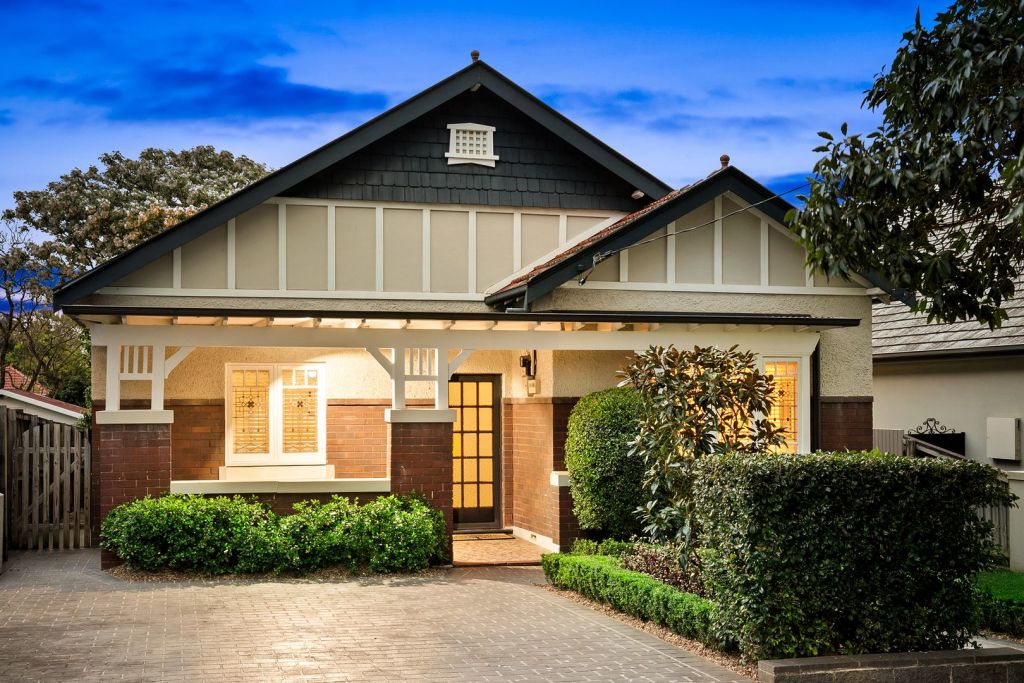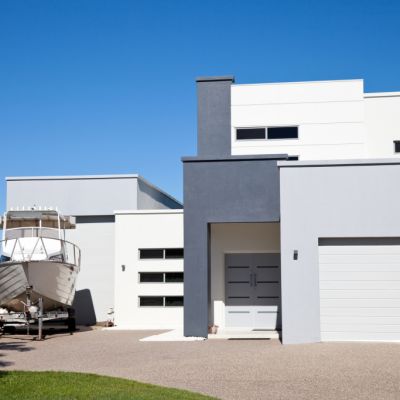How to find a home with good resale value

When selling a property, the process of achieving a dream price starts long before preparing the home for sale, planning the marketing strategy or choosing the agent.
The most effective way home owners can maximise their resale value is by buying the right property to begin with.
Future buyers can be picky and if a property appeals to only a limited number of buyers, it may linger on the market or fetch a lower price than comparable homes.
Unless there’s a fundamental change to the property, a home that seems like a bargain now may still be a bargain in the future.
On the other hand, a home with enduring appeal will attract attention from a broad pool of buyers, increasing competition and enhancing returns when it comes time to sell.
Avoiding mistakes
Inexperienced buyers weary of searching can be prone to making mistakes, says buyer’s agent and Property Mavens founder Miriam Sandkuhler.
“Most people aren’t trained in the attributes they need to be looking for in a property,” she says. “It’s actually easier to make a mistake than it is to get it right.”
“In an attempt to save money, first-home buyers in particular take very big risks by not doing all the due diligence they should. I see a lot of first-home buyers not investing in a building and pest report, particularly if they’ve lost out a few times. They might as well turn up to a casino and put it all on the table.”
Due diligence is especially critical when buying an apartment. Some of the most challenging properties to sell can be apartments in strata schemes taking legal action against the developer or builder, or raising funds to rectify defects, according to real estate agent and Horwood Nolan managing director Ben Horwood.
It’s not just problems that can turn off buyers, Horwood says. Sometimes the way a bespoke home has been designed limits its appeal.
“It may be a home that a particular family has built a home to suit their requirements, and their taste that may not necessarily be conducive to most families’ regular lifestyles,” he says.
Encouraging competition
Homes can command higher prices when a large number of buyers compete to purchase the property.
The local neighbourhood is the most critical factor that can influence the appeal of a home, Horwood says. “They don’t have to be in the most prestigious locations, just in a good quality street or a nice quiet environment with good access to local infrastructure such as transport, cafes, shops and schools.”
Larger homes are often targeted by upsizing families, who may have big budgets resulting from the sale of their own property. “Single-level, four-bedroom homes are very, very popular,” Horwood says.
When it comes to the look and feel of the home, properties with broad appeal will attract the most buyers.

“Generally broad appeal is really classic, elegant styling, a lot of neutral tones, a lot of whites and greys, natural stone, middle to high-end finishes and nothing too outlandish,” Horwood says.
Light-filled homes with sought-after layouts and aspects attract the most attention, according to Jellis Craig Brunswick director and auctioneer Greg Cusack. “Buyers always like north-facing backyards, and buyers always like two bathrooms,” he says.
Period homes in particular see high levels of competition, says Cusack. “There’s a high attraction to buyers because they’re good looking and they tend to have attractive elements such as high ceilings, cornices, rosettes and fireplaces,” he says. “The 1980s and 1990s brown and red-brick homes really haven’t performed as well as period homes of an earlier era.”
Enhancing appeal
Home owners can improve the future appeal of their properties with cosmetic renovations, Cusack says. “I think you should always be buying property with potential,” he says. “Dated bathrooms, carpets, fixtures and fittings always allow buyers opportunities to add value for years to come.”
Properties with development potential can also be highly sought-after, Cusack says, including homes on corner blocks or with the ability to extend for a growing family.
But while renovating a home can increase its value, Cusack suggests avoiding homes in need of extensive repairs. “Those major structural defects can be very expensive and you often don’t see the return.”
Become a Domain member to get access to off-market properties that match your search before they’re even listed.
We recommend
We thought you might like
States
Capital Cities
Capital Cities - Rentals
Popular Areas
Allhomes
More










